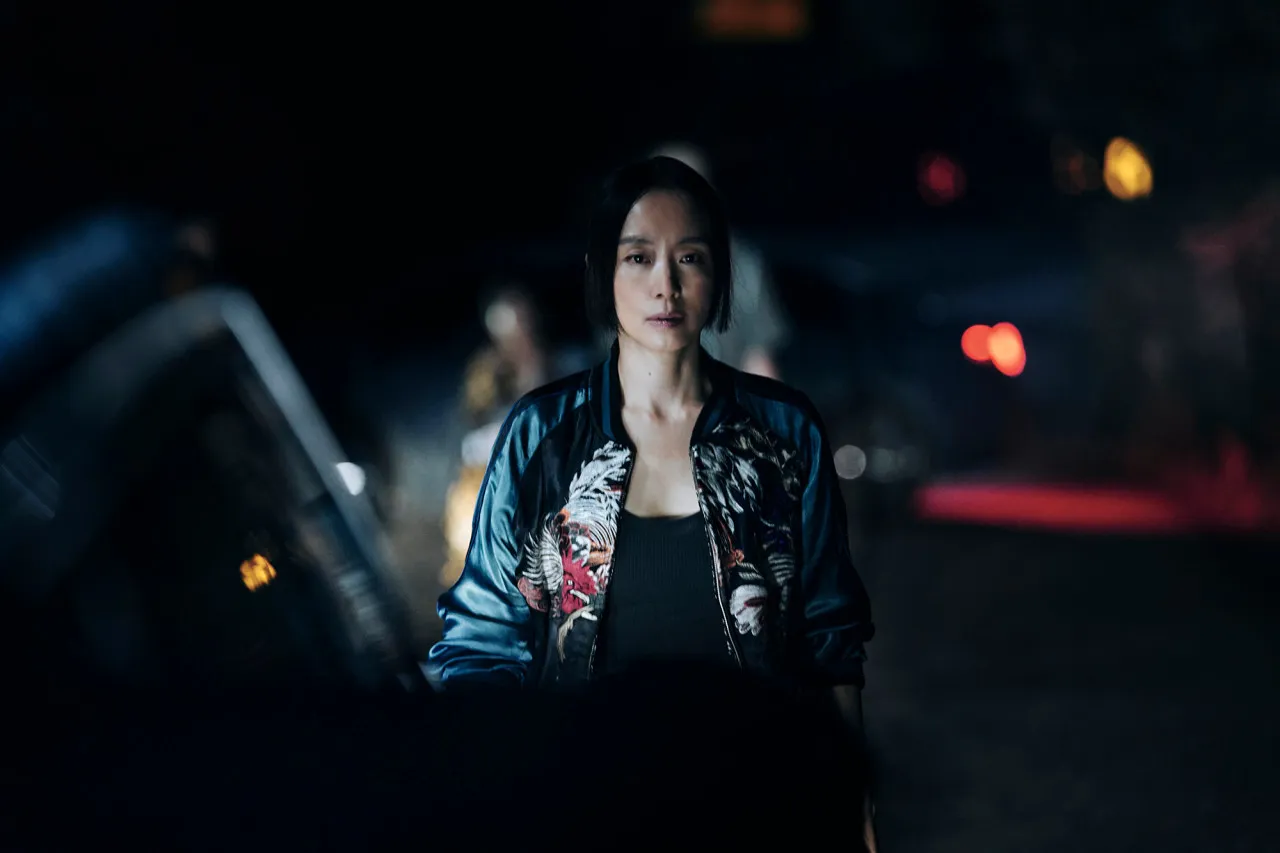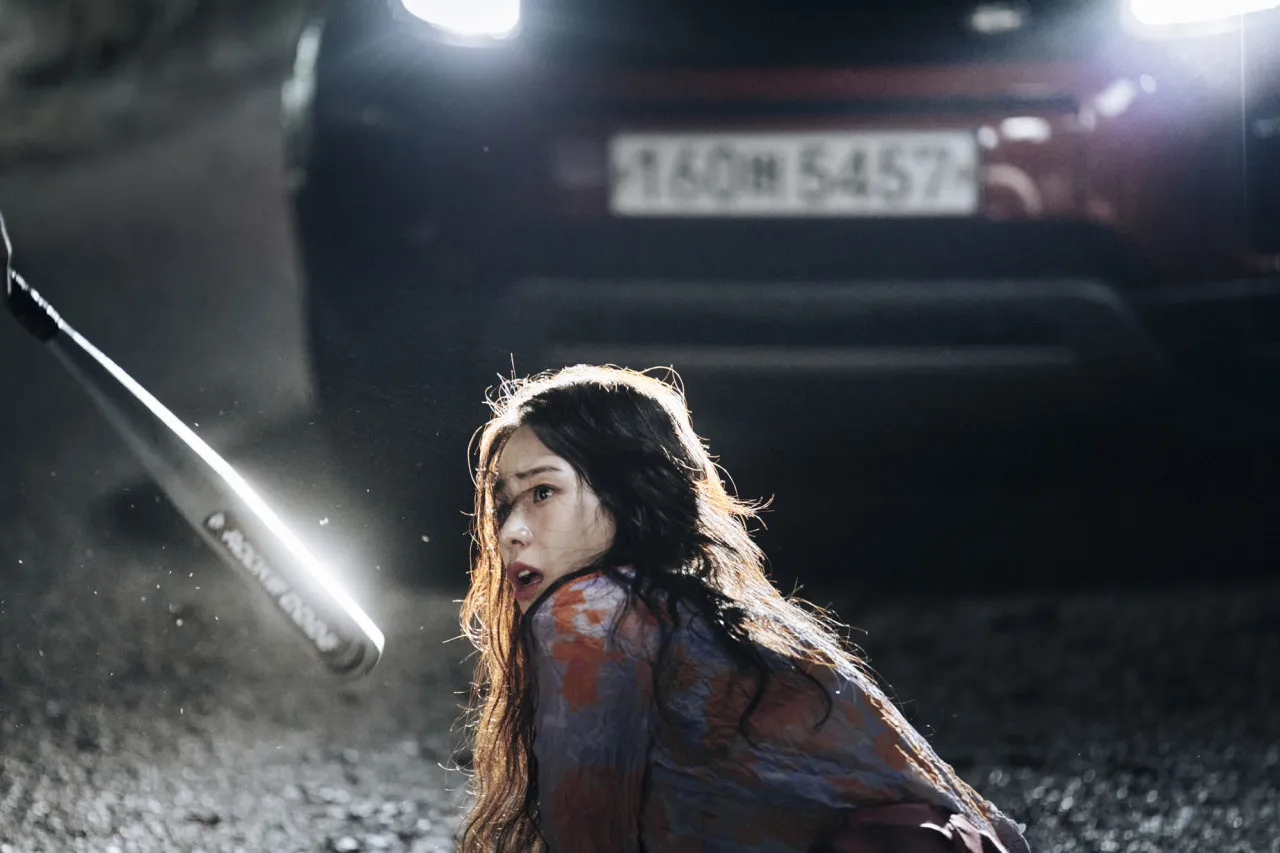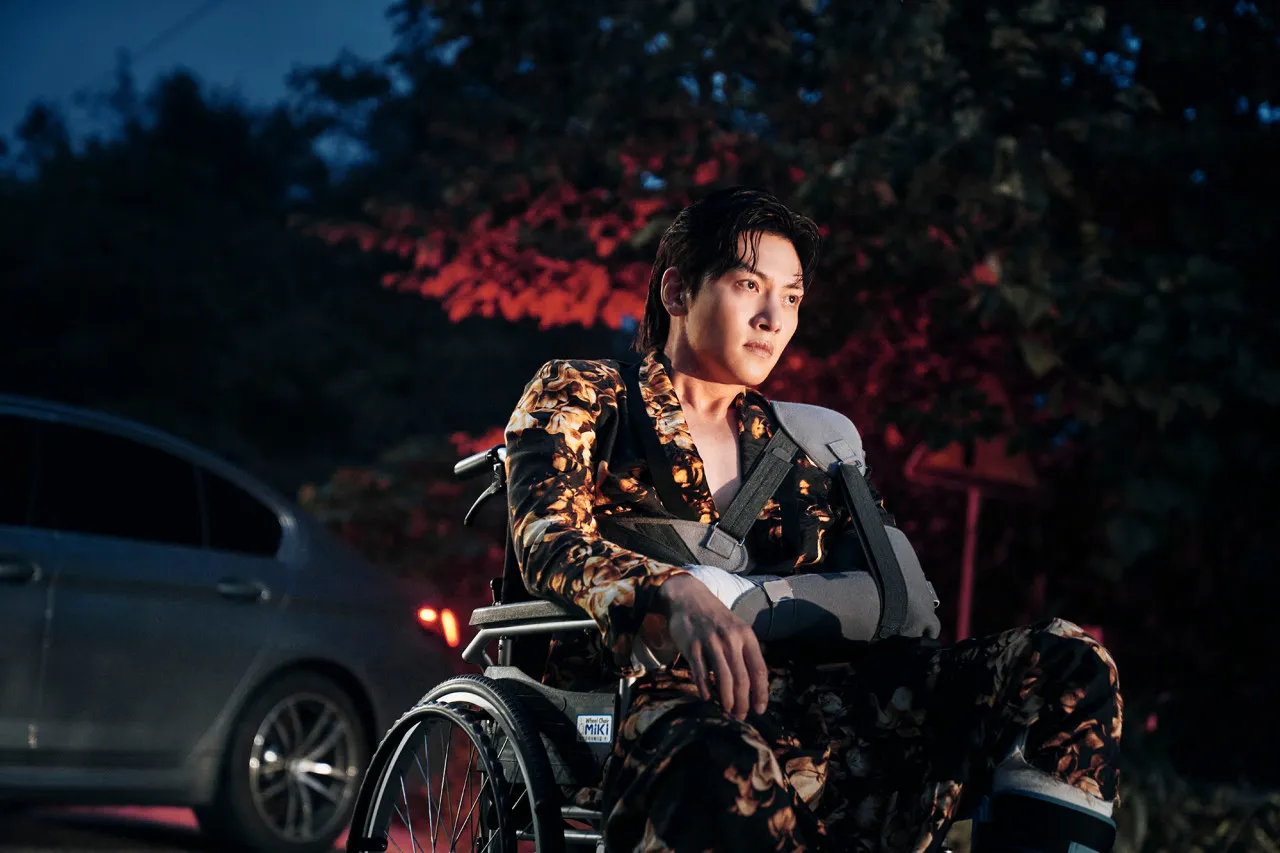In the Korean film Revolver, audiences meet Ha Soo-young, a former police officer who has just been released from prison. Played compellingly by actress Jeon Do-yeon, Soo-young finds that the large financial reward she was promised for taking the fall in a corruption case has vanished.
Left with nothing, she embarks on a determined quest to track down those who betrayed her and get what she’s owed. While the film has some shortcomings in developing secondary characters, Jeon’s gripping central performance holds the storyline together. Her portrayal of a woman with no options left but to pursue repayment through any means necessary makes for an engaging thriller.
Betrayal, Blackmail, and Broken Promises
The film provides insight into Soo-young’s situation through flashbacks showing her corrupt past as a police officer. It’s revealed she and others accepted bribes, though they were on the verge of arrest before Soo-young took a deal to serve prison time alone in exchange for future reward. This reward is what sets her quest in motion, as upon release she finds herself empty-handed after promises were broken.
She soon learns her former boss, Chief Lim, has died under strange circumstances. Also missing is the money and new home she was owed. Through her search to find Andy, the businessman involved in her deal, more colorful characters enter the fray. This includes bar hostess Jung Yoon-sun, who was hired to watch Soo-young but grows sympathetic to her plight.
Andy himself runs a large investment group and seems immature in his dealings with Soo-young. Their climactic showdown brings various players together in an intense scene. The film hints at deeper complexity, like a possible blackmail scheme involving Chief Lim before his suspicious suicide. Relationships are ambiguous too, with Jung Yoon-sun’s loyalties unclear. Through it all, Soo-young pursues the truth with fierce determination to gain her due by any means.
A Purposefully Slow Burn
Director Oh Seung-uk takes a nuanced approach with Revolver, eschewing flashy action sequences for a deliberate pace that unravels the complex psychology of Soo-young. While this may not suit all viewers’ tastes, it gives time to absorb intricate emotional beats. Oh allows tension to silently simmer below the surface until it finally boils over.
The film has a meditative, almost tranquil quality for much of its runtime, as if the director wants the audience to feel Soo-young’s solitary stillness and unrelenting focus. But this belies an increasing inner turmoil and rage driving her single-minded pursuit of repayment. Oh presents the criminal underworld and corrupt dealings not with adrenaline but with a keen eye for character-revealing nuance.
By prioritizing mood over mayhem, Oh crafts a thriller as much about the mind as violence. This explores Soo-young’s traumatic past and fractured psyche more deeply than a louder approach could. As lies and betrayal come to light, Revolver follows her chillingly methodical plans for vengeance with intrigue instead of action set pieces. Overall, Oh guides viewers on a deliberately paced psychological crime drama.
A Powerhouse Performance of Desperation and Drive
At the heart of Revolver is a tour de force-leading performance from veteran actress Jeon Do-yeon. In the role of Ha Soo-young, Jeon imbues the character with a complexity that anchors the entire film. Her physical commitment is evident—Soo-young endures the hardships of prison and stages no outward shows of emotion or weakness. Yet Jeon subtly communicates the woman’s fragile inner state through eyes reflecting both trauma and determination.
We feel Soo-young’s desperation not as volatile rage but as an icy calm and relentless focus. Jeon ensures we understand what drives her single-minded pursuit of what’s owed without reliance on sob stories. The actress also convinces in action scenes requiring physicality, showcasing Soo-young’s steeliness beneath her stoicism. After years away, Jeon reminds viewers of her ability to immerse wholly within a role.
While supporting players come and go, Jeon remains our constant guide, filling her enigmatic character with humanity through force of performance alone. Even without backstory pandering, we sympathize with Soo-young’s plight. It’s a masterclass in understatement, yielding one of Jeon’s most powerful portraits to date. Without her anchoring work, Revolver would lack its compelling dramatic anchor.
Memorable Supporting Characters in a Web of Intrigue
While Jeon Do-yeon leads as Soo-young, colorful supporting roles populate her story. Ji Chang-wook shines as Andy, the unscrupulous businessman whose smug facade cracks to show cowardice and surprising depths. Though heinous acts are implied, Ji ensures viewers witness Andy’s demise with twisted pleasure.
Another standout is Lim Ji-yeon as the sly barmaid Jung Yoon-sun. Hired to watch Soo-young, she navigates shifting allegiances with cunning grace. Lim lends nuance to a character who could’ve become trope, displaying empathy amid uncertain loyalties. Brief but impactful, Lee Jung-jae and Jeon Hye-jin hint at murky pasts that deepen the criminal underworld’s intrigue.
Under Oh’s direction, even minor parts populate Revolver with lived-in humanity. Supporting a leading tour de force, these richly sketched figures spawn rewatch value by keeping secrets just beyond our reach. In this way, Oh sprawls an immersive noir world around Jeon’s singular central heroine to carry intrigue through revelation’s end.
Betrayal, Desperation and Subtext
Under the noir surface of Revolver lie potent themes of betrayal, moral ambiguity, and the corrupting forces of criminal networks. Director Oh and screenwriter Seung-wook imbue the story with these ideas largely through Jeon Do-yeon’s nuanced central performance as Soo-young.
Her iconic revolver, frequently stared at but rarely used, comes to symbolize Soo-young’s smoldering inner desperation. The gun suggests violence near, though her actions remain poised on the periphery of law. A subtle undercurrent also emerges between Soo-young and Jung Yoon-sun’s moments of détente. Their guarded alliance hints at intimacy unspoken, betraying societal expectations.
As secrets of her past are unveiled, we see how a system built on lies and false promises warped Soo-young. Corruption permeates her downfall as well as those intertwined in her quest for repayment. In peeling back layers of deception, Revolver interrogates where civic duty ends and criminal complicity begins in a world where morality lies in shades of gray.
A Thrilling Exploration Worth Your Time
In the end, Revolver proves an engrossing neo-noir anchored by Jeon Do-yeon’s tour de force lead turn. Oh Seung-uk’s deliberate direction and focus on character move beyond thrills to explore betrayal, corruption, and moral ambiguity in nuanced fashion. While supporting roles could have benefited from richer development, ensemble performances keep the mystery unfolding.
Jeon ensures viewers remain invested in Soo-young’s plight from start to climactic finish. Her emotional command demands and holds attention even amid the film’s occasional slower pacing or obscurer plot points. It’s a testament to her skill that a solitary woman’s desperation to regain what’s owed maintains such suspense.
For those willing to immerse in Revolver’s broody atmospherics over non-stop action, rewards abound. A rewatch reveals greater layers and social commentary lurking beneath the intricate criminal dealings. Although not a perfect film, Jeon’s searing work at its center makes this understated thriller well deserving of your time. Its lingering themes of trust once broken are poignant long after the final credit roll.
The Review
Revolver
Revolver succeeds more than it stumbles through committed direction, a moody atmosphere, and especially Jeon Do-yeon's tour de force central performance that anchors the complex noir thriller.
PROS
- Jeon Do-yeon's powerful leading performance
- Moody atmosphere and exploration of criminal networks/themes of betrayal
- Ensemble cast brings intriguing secondary characters
- Builds suspense through deliberate pacing
CONS
- Occasional slower pacing may bore some viewers.
- Supporting characters could be more developed.
- Plot details are sometimes murky.




















































Discussion about this post